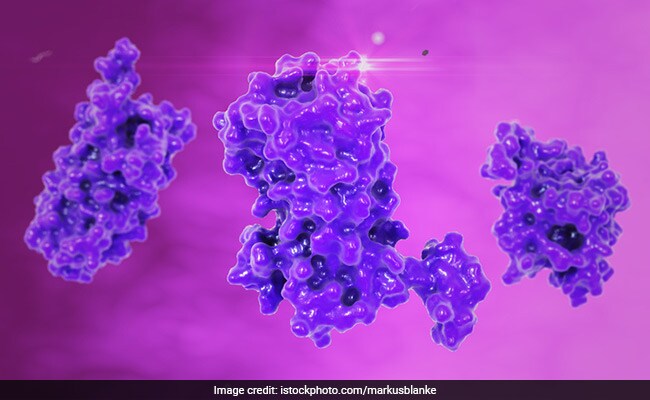Researchers have discovered a new protein that could reduce the spread of cancer by binding the cancer cells together and allowing them to invade tissues. Read full report here.

Cadherin-22 can help in cancer prevention
HIGHLIGHTS
- Researchers discover new protein for cancer prevention
- The protein also decreased the invasion rate of breast and brain cancer
- Cadherin-22 is a potential factor in cancer metastasis
The study conducted by the researchers from University of Guelph, Ontario, has identified a protein called cadherin-22, a potential factor in cancer metastasis or the spread of cancer.
The protein also decreased the adhesion and invasion rate of breast and brain cancer cells by up to 90 per cent.
"Cadherin-22 could be a powerful prognostic marker for advanced cancer stages and patient outcomes," said lead author Jim Uniacke, a professor at the varsity.
"If you can find a treatment or a drug that can block cadherin-22, you could potentially prevent cancer cells from moving, invading and metastasizing."
The study, published in the journal Oncogene, looks specifically at hypoxia, a condition in which the tissues receive less oxygen.
The researchers found that it is precisely under conditions of low oxygen that cancer cells trigger the production of cadherin-22, putting in motion a kind of protein boost that helps bind cells together, enhancing cellular movement, invasion and likely metastasis.
Studying breast and brain cancer cells in a hypoxia incubator, the researchers discovered that cadherin-22 is involved in this process to enable the spread of cancer cells.
For both cancer types, the research team used molecular tools to reduce the amount of cadherin-22.
They placed the human cancer cells into the incubator and lowered the oxygen to a level comparable to that in a tumour. The cells failed to spread.
"One very powerful and common tool in cell and molecular biology labs is, you can remove a protein from a cell and see how that cell behaves without it.
"We culture our cancer cells in this very low-oxygen environment, and they start behaving like they are inside a low-oxygen tumour," Uniacke added.
(This story has not been edited by NDTV staff and is auto-generated from a syndicated feed.)
DoctorNDTV is the one stop site for all your health needs providing the most credible health information, health news and tips with expert advice on healthy living, diet plans, informative videos etc. You can get the most relevant and accurate info you need about health problems like diabetes, cancer, pregnancy, HIV and AIDS, weight loss and many other lifestyle diseases. We have a panel of over 350 experts who help us develop content by giving their valuable inputs and bringing to us the latest in the world of healthcare.















